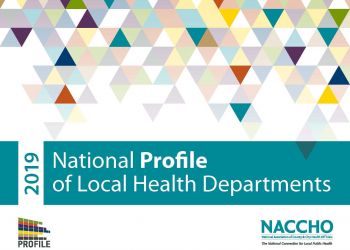LHIT will be hosting a discussion around ChatGPT and related AI on Thursday, June 1, at 1:00pm ET. To participate in the discussion, please reach out to [email protected].
From Hollywood to home life, we’ve all seen some form of robotic technology rapidly integrate into society. One of the latest is Chat-GPT.
Chat-GPT—generative pretrained transformer—is a “chatbot” designed to have human-like conversations and assist with tasks such as essay writing, programming, and creating content to name a few. It was launched in November 2022 by OpenAI, an artificial intelligence and research company.
ChatGPT can be used in public health to revolutionize the healthcare system in many ways. According to the National Institutes of Health, The potential impact of ChatGPT in clinical and translational medicine - PMC (nih.gov):
“ChatGPT has the potential to significantly impact the clinical and translational medicine fields by providing access to up‐to‐date information, improving patient engagement, and reducing workloads for healthcare providers.”
According to a study conducted by researchers at Harvard:
In regard to AI for public health, it was found that AI can be used to inform patients about public health policy. For example, predictive analytics can be used to identify risk factors for disease; and optimization frameworks (whether single stage or repeated) can be used to identify when to screen or treat disease, or which risk groups to target, given limited resources.
The projects at Harvard are ongoing and more information can be found here: (AI for Public Health | Welcome to Teamcore (harvard.edu).
Many questions have been circulating around the new AI as it continues to go mainstream alongside other large language models. Additionally, the Biden Administration has expressed concern about risks around cybersecurity and legalities. Local health departments around the country are tackling how to use and limit the use of this technology within their organization. As pros and cons of AI continue to evolve, our Local Health IT Community of Practice will provide more insight on how it may benefit public health departments and the healthcare industry.
If you’re interested in ChatGPT or other IT-related technology, training, or useful information, connect with our LHIT Community of Practice, http://www.naccho.org/lhit.








